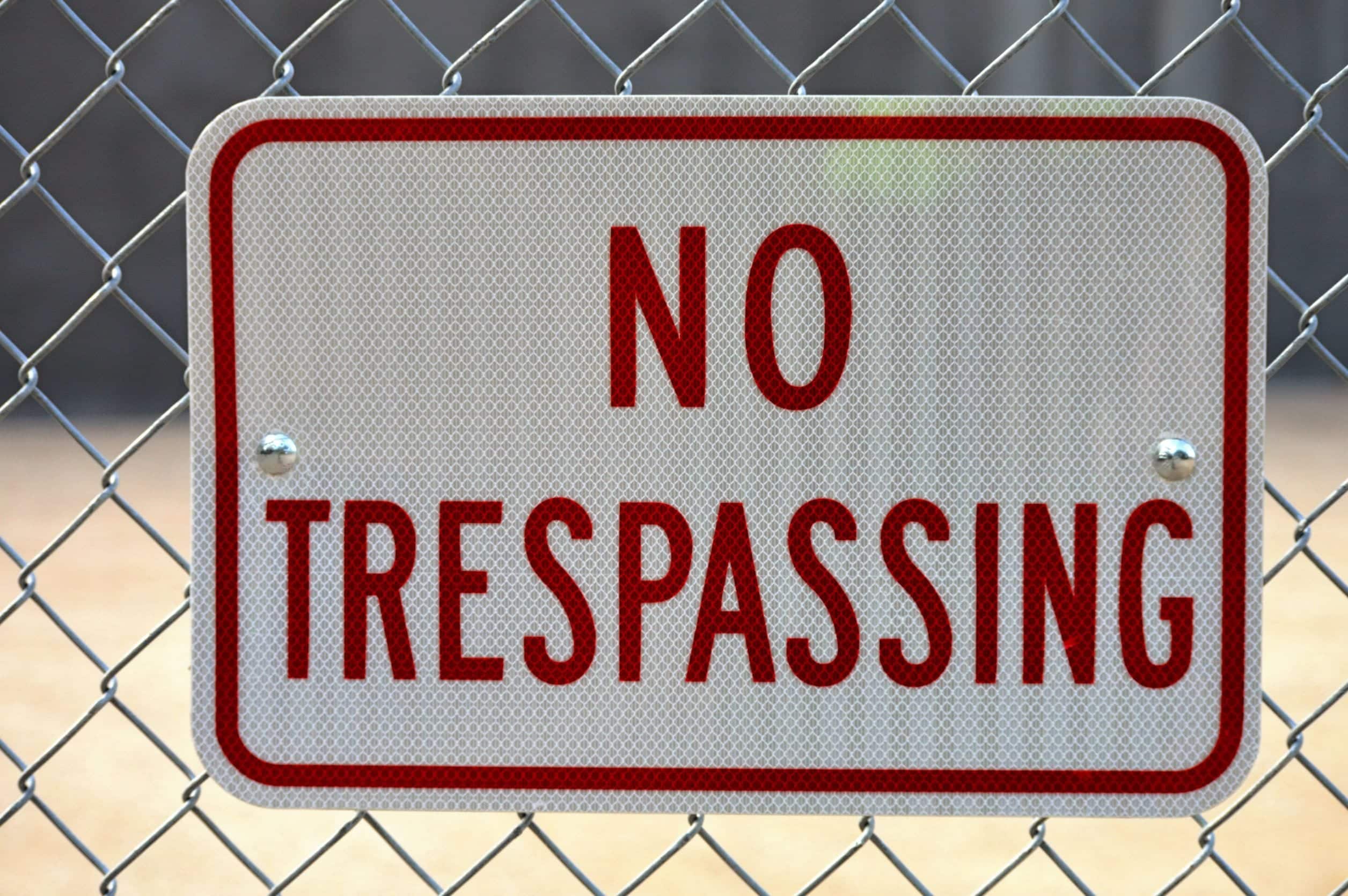- Home
- THE FIRM+
- Criminal Defense+
- CASE RESULTS
- AREAS WE SERVE+
- FAQ’s
- Blog
- Contact
AZHARI LLC BLOG

Posted By: Sami Azhari
Category:
Americans sure do like their stuff. They want to protect it, and they spend a lot of money to do just that. Try more than $20 billion.
That’s just how much Americans spend on security systems each year. These systems are primarily designed to help deter instances of burglary. Because while burglary rates have gone down in the past ten years, over 1 million homes are still a target.
What’s more, burglary doesn’t solely involve theft. The act of breaking and entering could also involve threats, assault, or other property damage charges. Victims report billions of dollars in property damage from burglaries each year.
So if you are faced with burglary charges, you may face serious penalties. Fortunately, there are strategies for fighting them. Not all of them involve claiming that you weren’t there or have an alibi.
Many offenders fight to reduce their charges from burglary to criminal trespassing. You may still wind up with a guilty verdict, but just on lesser charges. Learn the difference between burglary and criminal trespassing and whether this strategy works for you.
Burglary vs. Criminal Trespassing in Illinois
What Is Burglary?
Burglary is the act of unlawfully entering a building (or remaining in that building without permission) with the intent to commit a felony or theft. If someone breaks into a home in the middle of the night to take the homeowner’s TV, they could be charged with burglary.
If someone hides out in a mall after hours in order to sell large amounts of controlled substances, they could also be charged with burglary.
Burglary Charges and Penalties
Charges will depend on where the burglary was committed and if any damage happened during the course of the crime. All burglary crimes, however, are felonies.
Examples:
- If the offender broke into a car but left no damage, they will be charged with a Class 3 felony.
- If the offender broke into a car and left damage, they will be charged with a Class 2 felony.
- Any burglary committed in a “school, daycare center, daycare home, group day care home, or part-day child care facility, or place of worship” is a Class 1 felony.
Penalties for a Class 3 felony include 2-5 years in prison. This sentence is increased to 3-7 years in prison for Class 2 felonies. Offenders convicted of a Class 1 felony may face up to 15 years behind bars.
What Is Criminal Trespassing?
Criminal trespassing may occur in the same place as a burglary: a mall, someone’s car, an apartment building, etc. This crime may also occur on a farm or land.
In any scenario, a person convicted of criminal trespassing had no right or was not given permission, to be where they were at the time of the crime. However, there is one key difference between criminal trespassing and burglary: intent.
Offenders convicted of criminal trespassing had no intention of committing a serious crime. They could have been on the property to protest or see someone that was inside of the building. Staying inside a car and refusing to leave may even be considered criminal trespassing.
Criminal Trespassing Charges and Penalties
Most criminal trespassing charges are a Class B misdemeanor. The charges are increased to a Class A misdemeanor if the property in question contained livestock or was used to grow crops.
Offenders may be liable for any damages caused during the course of the crime. Penalties for misdemeanors do not exceed over one year in jail.
Why You Should Fight to Reduce Illinois Burglary Charges
Based on jail time alone, criminal trespassing charges sound like a better deal than a burglary conviction. The difference between misdemeanors and felonies go beyond 1-2 years in jail, though.
Felony charges are more serious than misdemeanors. Additional penalties for felony charges include the loss of rights: the right to hold public office, own a firearm, qualify for some student loans, etc. Felons are also more likely to be turned away from jobs, apartment complexes, or other opportunities. Applications may specifically ask if you are a felon, but fail to consider a history of misdemeanor offenses.
Intention Is The Key to Reducing Charges
It is possible to show a court that while you may be guilty of criminal trespassing, your crime cannot be considered “burglary.” You are innocent until proven guilty, and a prosecutor must prove that you had the intent to commit theft or a felony.
If that crime was not carried out, it’s not always easy to prove what was going on through your mind. Possession of burglary tools or a confession may help a prosecutor’s case, but it doesn’t seal the deal.
Consult a Chicago Criminal Defense Lawyer
Talk to a Chicago criminal defense lawyer about how you can reduce your burglary charges today.
About the Author
Sami Azhari has been working as a lawyer since 2007, after receiving his Juris Doctor from the Michigan State University College of Law. He has handled numerous state and federal cases and is known throughout the Chicago and Rolling Meadows area for providing his clients with high-quality, skilled representation. He has been recognized by SuperLawyers, the National Trial Lawyers Association, and other notable organizations, and has spoken at a number of legal conferences.



























































